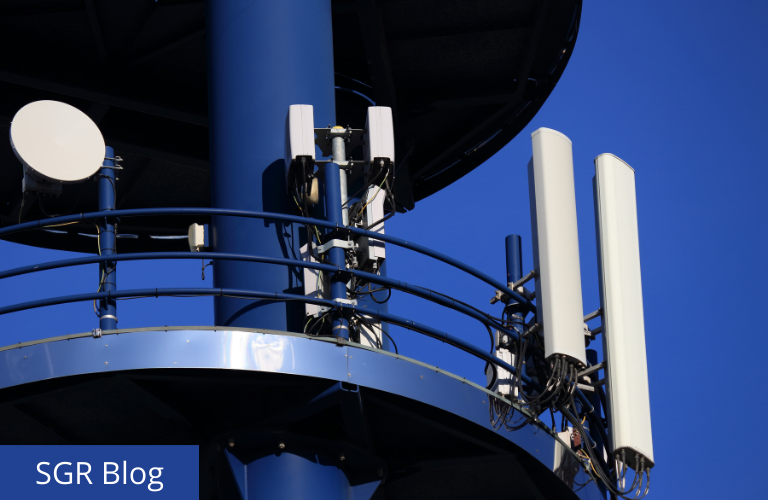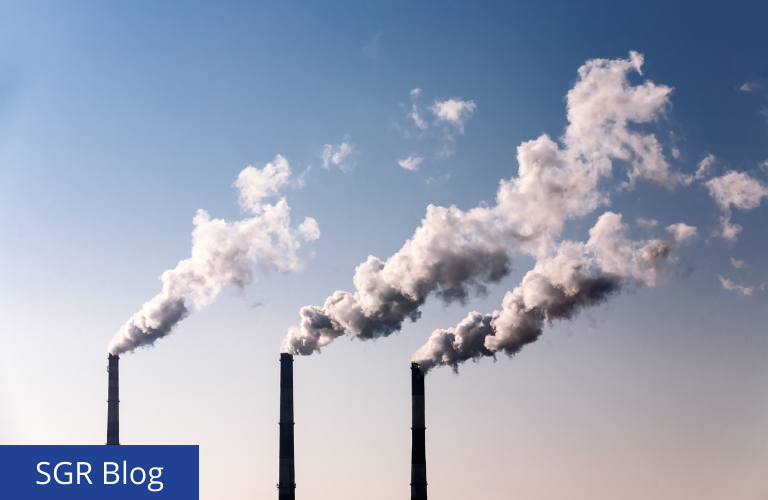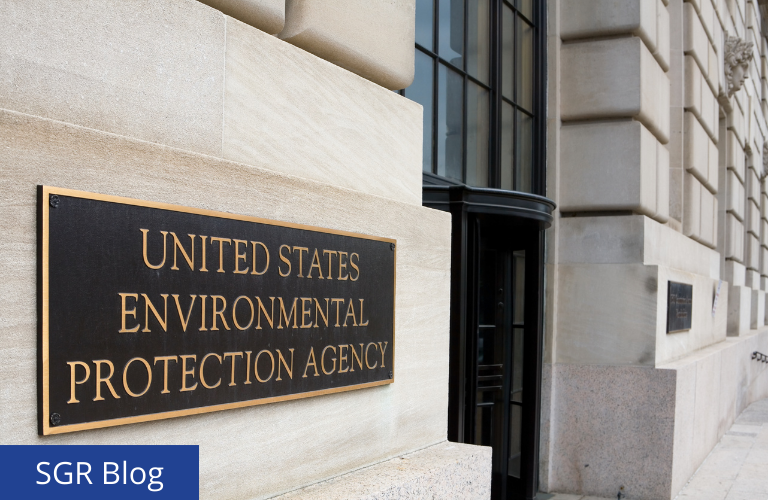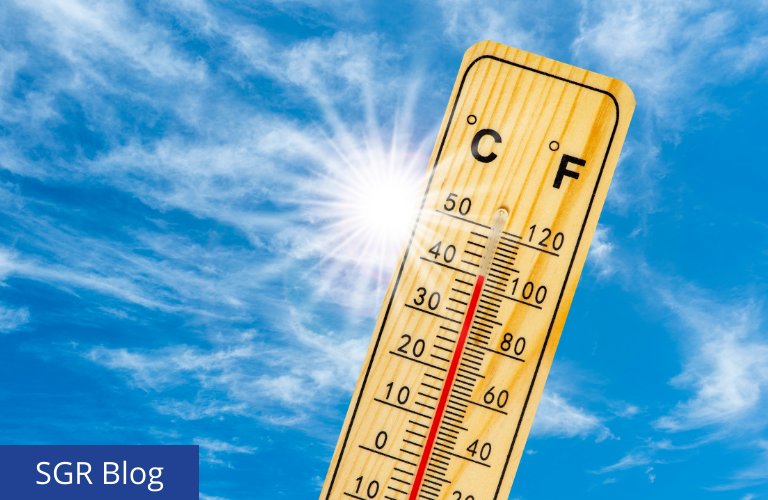
If you are a property owner that has a cell site located on it, you most likely been besieged by consistent letters and phone calls from large companies offering to purchase your cell site lease. What does it mean to sell your cell site lease? How might you decide if you want to actually sell the lease? And, if you decide you want to sell your lease, how do you make sure you sell it in a manner that does not have residual negative impact on the operation of the rest of your property? This article will answer some of… Read more





